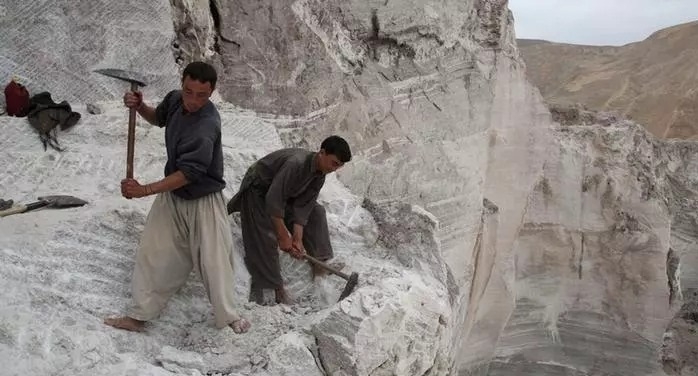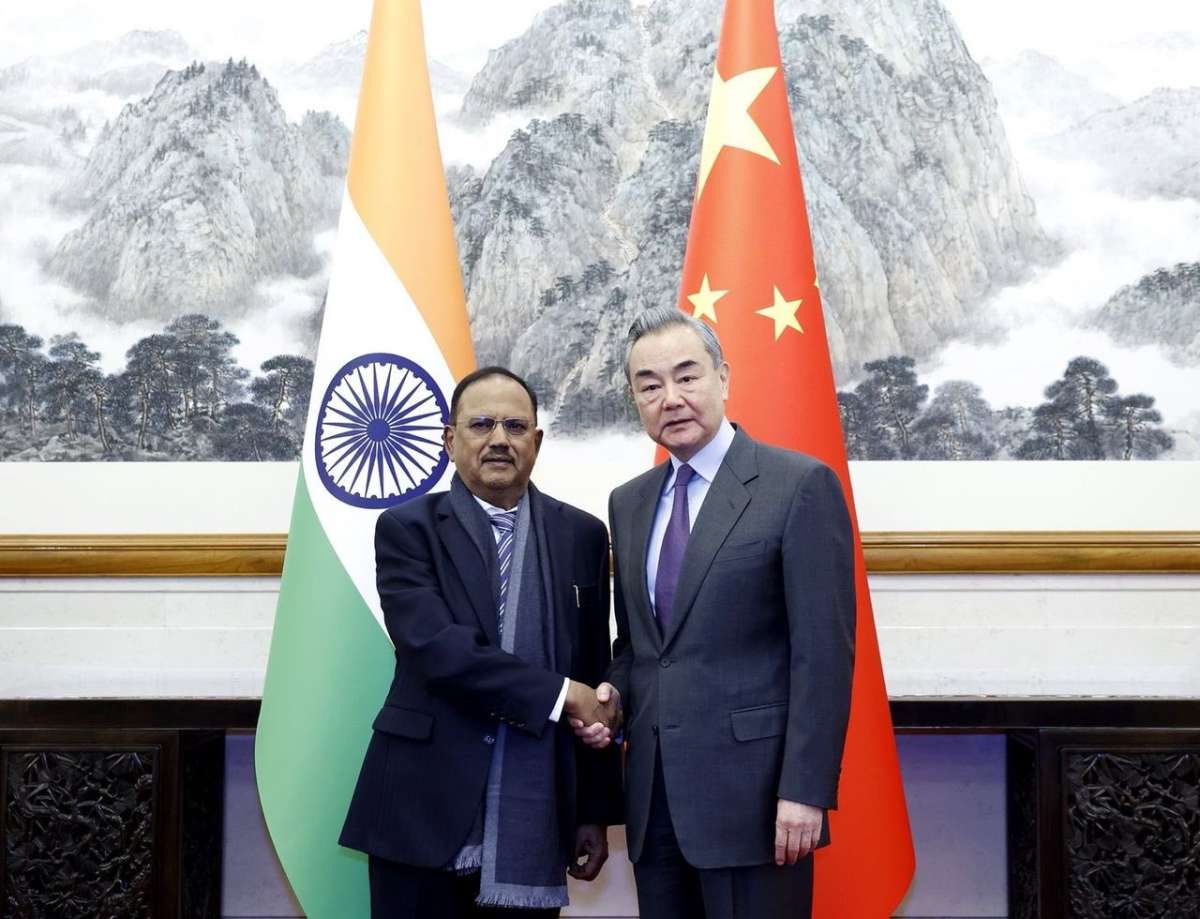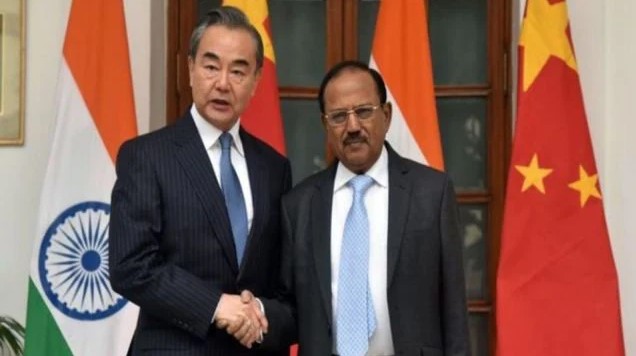Since the Taliban takeover of the country, China has increased its influence via economic ties with the current regime…reports Asian Lite News
Taliban’s Ministry of Mines and Petroleum said that a Chinese Company, Gochin expressed its interest in investing USD 10 billion in Afghanistan’s lithium deposits, reported The Khaama Press.
The Taliban arguably perceive Beijing as a potential source of economic investment following the US withdrawal. The acting minister for Mine and Petroleum, Shahabuddin Delawar, met with the Chinese company representatives in Kabul and said that the investment would create 120,000 direct and a million indirect jobs in the country, reported Khaama Press.
The Chinese company also offered to repair the Salang Pass within seven months and carve another tunnel, according to the Ministry of Mines and Petroleum statement.
Gochin stressed that the process of the lithium deposits will get done inside the country, and to process it, a hydroelectric dam will be built, and Kumar and Laghman Road will be asphalted, reported Khaama Press.
Since the Taliban takeover of the country, China has increased its influence via economic ties with the current regime.
According to several media reports, Chinese companies have long aspired to access Afghanistan’s extensive and rich lithium deposits, estimated to be worth more than USD 1 trillion.
The Taliban-run Afghanistan saw its first significant foreign investment in January 2023 when a Chinese firm signed a 25-year-long, multimillion-dollar contract to extract oil.
In January, the Ministry of Mines and Petroleum signed the extraction contract of the Amu oil field with the Chinese company China Petroleum Economics and Information Research Center (CPEIC).
According to the contract, Afghanistan’s share is 20 per cent, which will reach 75 per cent in the future, reported Khaama Press.
However, the risks involved are higher, especially in the context of attacks on Chinese nationals.
A new UN report on the threat posed by the group published in early February describes Islamic State Khorasan Province (ISKP) as effectively establishing itself as “the primary rival” to the Taliban. The group continues to launch monthly attacks in Afghanistan and is now carrying out more impactful bombings than previously.
Over the past several months it mounted dozens of attacks injuring dozens of people, including a suicide bombing against the Ministry of Foreign Affairs in Kabul in January that led to more than 50 casualties.
Taliban are simply not able to ensure security in places such as Kabul. The fact that ISKP has been increasingly able to mount major attacks against targets such as the Foreign Ministry or Kabul Longan Hotel in December 2022 points toward the fact that the Taliban’s security provisions are failing heavily.
In particular, ISKP is actively targeting China, which has become especially close with the Taliban regime.
China on some occasions has reinforced Taliban hopes by suggesting Beijing plans to increase its engagement not only economically, but also in the area of security.
ISKP’s online propaganda has become increasingly targeted toward China in recent months. The group recently declared liberating Uyghurs as among its great interests while threatening attacks against the Chinese.
In a sign of this, in December 2022 the group attacked a hotel in downtown Kabul popular with Chinese citizens, injuring at least five of them.
ISKP’s campaign against China could lead to several possible developments, none of which augur well for Afghanistan.
Beijing is likely to remain extremely cautious of its commitment to the country and not risk a major security incident. In December 2022 China urged its citizens to leave Afghanistan as soon as possible following the suicide bombing against the hotel in Kabul. (ANI)












